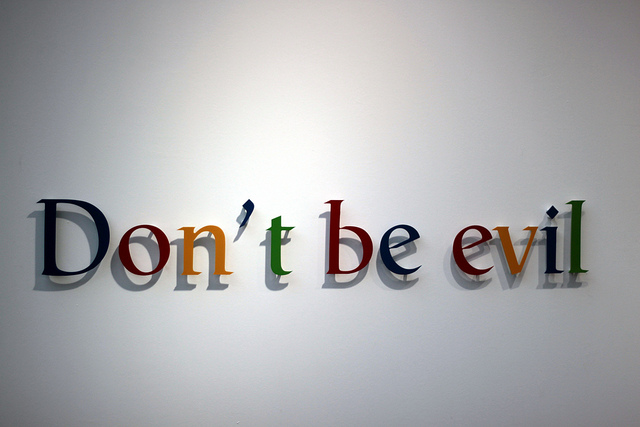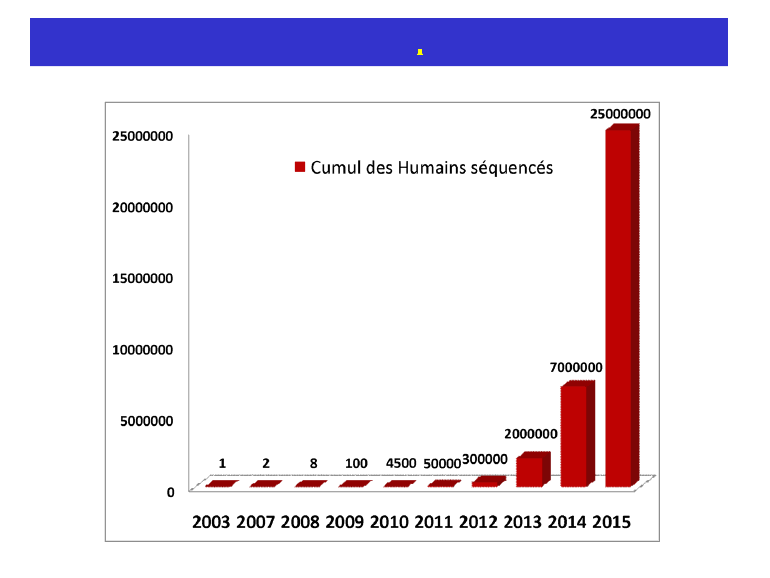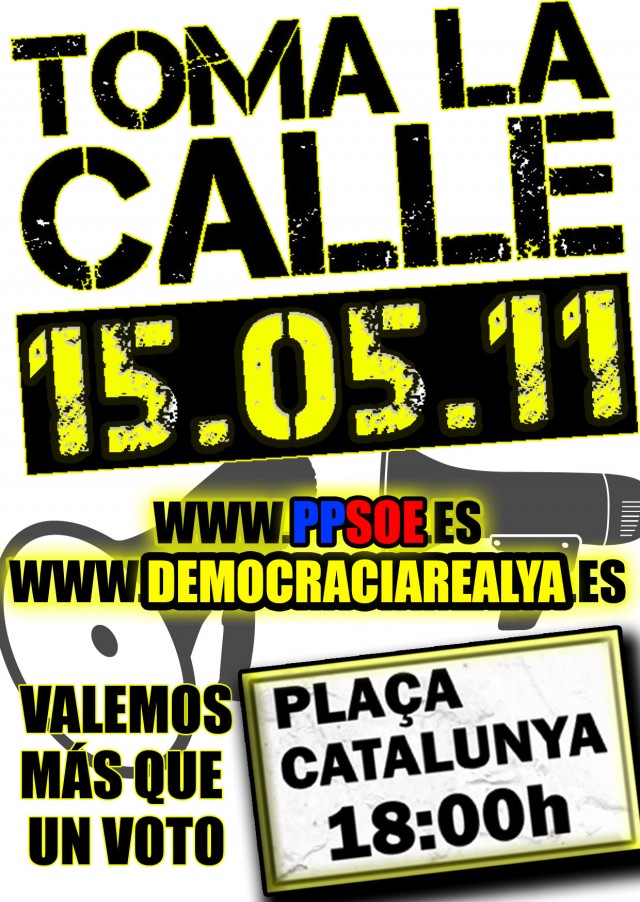"I am very surprised to hear that. I feel that I do not live on the same planet as the other participants in the debate." The remark by John Perry Barlow, co-founder of the Electronic Foundation, is greeted by laughter and applause in the room, but if the atmosphere in the debate on intellectual property to e-G8, held at Paris on Tuesday 24 and Wednesday, May 25, is a good child, different points of view are profound.
"This debate has pacified a map: everything Tech Buzz News recognizes the principle of protection of copyright. Attempts to say that this was not a matter have weakened. But appeasement is not there in the search for solutions, "says Frederic Mitterrand, however, Minister of Culture. Between representatives of the cultural industries - disk, movies, books - and the Ministry of Culture, common ground exists: they believe that IP is a fundamental tool that should be protected by the states.
"If we do not protect copyright, it dries to create, and there will be death," said Frederic Mitterrand, who pretends to be surprised at the criticism in France, Internet Piracy, so that "Hollywood is proof of great interest for our model." The minister again defended the system of graduated response in case of illegal downloading, saying it was his evidence: "In France, there remain a number of people who have not disarmed, which show only the repressive plan, while it has a function of a lively educational point of view.
" For the recording industry, represented by Pascal Negro, Hadopi also marks a clear division of roles: with Internet Piracy, the State assumes the task of protection of copyright, a judge there. Representatives of other cultural industries, like Antoine Gallimard also highlight other problems.
The head of the publishing house defended the right author, explaining that "the challenge of digital formats is that some owners," and that some distributors now have considerable power over the publishers. FUNDAMENTAL DIFFERENCES points of view with which John Perry Barlow of the Electronic Frontier Foundation, and author of the Declaration of Independence of Cyberspace, is in radical disagreement.
"The question raised here was the end of a certain industry, anxious to preserve a business model," he explains in the world. fr. "We have one side of the diamond jubilee who want to preserve their lifestyle and their income, built on the exploitation of others' work, and the other, a generation shaped electronic Hezbollah is comfortable with Web tools and cryptography ", amuses Mr.
Barlow, a former member of the Grateful Dead. Guests at the last minute in a debate that had initially been scheduled between the Minister and representatives of cultural industries, Mr. Barlow believes that "it can not be any partial control. We begin with the intellectual property, and it continues with remarks that no one appreciates.
Between representatives of the "creative industries" and the bosses of corporate web services, fundamental differences also exist. Eric Schmidt, Google's executive director, has said on several occasions during another debate on economic growth, Tuesday morning: the problem of respect for copyright is primarily a technical matter, which requires solutions techniques.
For Schmidt, the model is the sytem filtering YouTube videos that automatically pinpoints protected by copyright. A position that Christine Lagarde, Minister of Economy, said he understood in the same debate, but she declined to endorse: After discussion, the minister has a detached resolution stating that "the role of governments is to provide access to the Internet and not to regulate content." What message will send e-G8 Does the G8 in Deauville regarding copyright? One thing is certain: the statement that a delegation of e-G8 must deliver on Thursday at the summit of leading industrialized nations will discuss the protection of intellectual property.
Nicolas Sarkozy has long insisted in his opening speech on the importance he attached to this issue and his willingness to put in odre the day of the G8 discussions. "I just want to express our commitment to universal principles (...): no one should be expropriated with impunity the product of his ideas, his work, his imagination, his intellectual property," said President of the Republic. 


"This debate has pacified a map: everything Tech Buzz News recognizes the principle of protection of copyright. Attempts to say that this was not a matter have weakened. But appeasement is not there in the search for solutions, "says Frederic Mitterrand, however, Minister of Culture. Between representatives of the cultural industries - disk, movies, books - and the Ministry of Culture, common ground exists: they believe that IP is a fundamental tool that should be protected by the states.
"If we do not protect copyright, it dries to create, and there will be death," said Frederic Mitterrand, who pretends to be surprised at the criticism in France, Internet Piracy, so that "Hollywood is proof of great interest for our model." The minister again defended the system of graduated response in case of illegal downloading, saying it was his evidence: "In France, there remain a number of people who have not disarmed, which show only the repressive plan, while it has a function of a lively educational point of view.
" For the recording industry, represented by Pascal Negro, Hadopi also marks a clear division of roles: with Internet Piracy, the State assumes the task of protection of copyright, a judge there. Representatives of other cultural industries, like Antoine Gallimard also highlight other problems.
The head of the publishing house defended the right author, explaining that "the challenge of digital formats is that some owners," and that some distributors now have considerable power over the publishers. FUNDAMENTAL DIFFERENCES points of view with which John Perry Barlow of the Electronic Frontier Foundation, and author of the Declaration of Independence of Cyberspace, is in radical disagreement.
"The question raised here was the end of a certain industry, anxious to preserve a business model," he explains in the world. fr. "We have one side of the diamond jubilee who want to preserve their lifestyle and their income, built on the exploitation of others' work, and the other, a generation shaped electronic Hezbollah is comfortable with Web tools and cryptography ", amuses Mr.
Barlow, a former member of the Grateful Dead. Guests at the last minute in a debate that had initially been scheduled between the Minister and representatives of cultural industries, Mr. Barlow believes that "it can not be any partial control. We begin with the intellectual property, and it continues with remarks that no one appreciates.
Between representatives of the "creative industries" and the bosses of corporate web services, fundamental differences also exist. Eric Schmidt, Google's executive director, has said on several occasions during another debate on economic growth, Tuesday morning: the problem of respect for copyright is primarily a technical matter, which requires solutions techniques.
For Schmidt, the model is the sytem filtering YouTube videos that automatically pinpoints protected by copyright. A position that Christine Lagarde, Minister of Economy, said he understood in the same debate, but she declined to endorse: After discussion, the minister has a detached resolution stating that "the role of governments is to provide access to the Internet and not to regulate content." What message will send e-G8 Does the G8 in Deauville regarding copyright? One thing is certain: the statement that a delegation of e-G8 must deliver on Thursday at the summit of leading industrialized nations will discuss the protection of intellectual property.
Nicolas Sarkozy has long insisted in his opening speech on the importance he attached to this issue and his willingness to put in odre the day of the G8 discussions. "I just want to express our commitment to universal principles (...): no one should be expropriated with impunity the product of his ideas, his work, his imagination, his intellectual property," said President of the Republic.



- Tatouage : le droit d'auteur dans la peau (07/04/2011)
- International survey on Copyright / Droit d'auteur in Music Libraries (2004 -2008) | IAML (21/07/2010)
- Plagiat et piratage: pas la même chose (27/03/2011)
- Dans les territoires disputés, Israël a des droits (04/05/2011)
- The Frugal Auteur: How Low-Budget Film Legend Roger Corman Makes Cheap Great (20/05/2011)
No comments:
Post a Comment